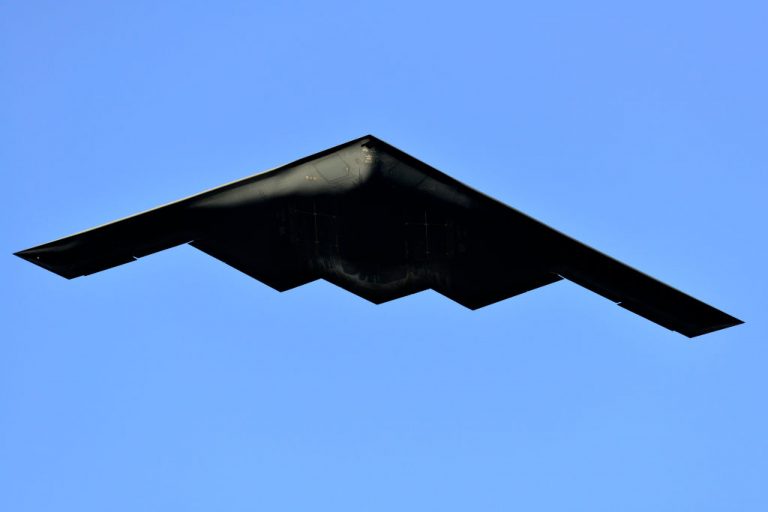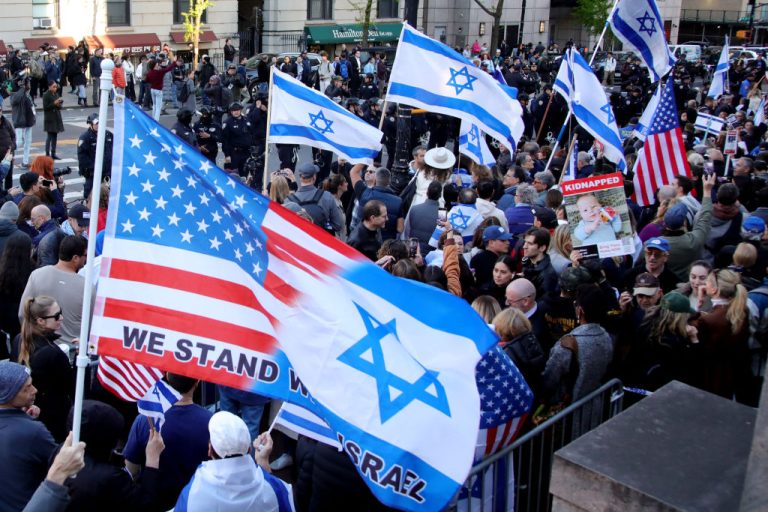The Department of Defense (DoD) has placed a $2 billion rush order for customized semiconductors for use in the nation’s B-2 stealth bombers and GPS-dependent systems because the production line, responsible for the manufacturing of the semiconductors, is expected to stop.
The bulk order has been placed by GlobalFoundries Inc. (GF) in Fishkill (NY) on behalf of the DoD and needs to be delivered immediately, or at the latest in March of next year, because the company responsible for the production of the chips has sold its specialized production facility to a new proprietor, On Semiconductor Corp. which is not interested in producing them.
The DoD’s decision “addresses a diminishing manufacturing capacity,” Jessica Maxwell, a spokeswoman for the department’s acquisition office told Bloomberg in an email.
Meanwhile, the market in specialized chips is exploding due to a growing demand for consumer items like mobile phones, tablets, and self-driving cars — exactly the field of interest GlobalFoundries is expanding into.
In a band-aid ruling approved by Congress an initial order worth $885 million is to be made on Dec. 15 on behalf of several U.S. producers who need their share of these components for their processing line.
Success
You are now signed up for our newsletter
Success
Check your email to complete sign up
The spending bill was exceptional because the White House budget office had to convince Congress to fit it in as an addition to the fiscal year 2021 which, by that time, deliberations on the year’s spending would have already been closed.
Maxwell also attested that the ruling was necessary to give GlobalFoundries “enough time to process the requests and manufacture the parts before the production line shuts down,” she said via email.
By March 3, the remainder of the order would have to be placed which would give the company enough time to live up to the agreement and produce enough for the lifetime of the program, the outlet reported based on information by an anonymous defense official. Normally, it takes about three months for a piece of silicon to transform into a high-tech semiconductor chip.
“For certain programs and technologies, we are meeting the DoD’s needs by manufacturing large volumes of chips sufficient for the lifetime of the program,” GF said in a statement.
“In other instances, we are partnering with the DoD to extend the lifecycle of certain technologies manufactured at Fab 10 by transitioning the manufacturing of their chips to other GF Fabs,” the company added.
In April 2019 both parties, GF and On Semiconductors, subjected their announcement to regulatory review, confirming the transaction and agreement that the latter would take control of the Fishkill facility and its workforce by December 2022.
The outlet also cited the Air Force which said in a statement that the “bulk buy” of the military’s specialized GPS code-compliant “Application Specific Integrated Circuits” should be sufficient for many years “for use in various cards, receivers, and/or platforms based on service requirements.” The agency also said the components comply with the defense’s standards for specialized weight and power requirements.
The DoD also signed an agreement with GlobalFoundries for producing another type of semiconductor starting in 2023. Those will be produced at a GF facility in Malta, New York, the home state of Senate Majority Leader Chuck Schumer who has been advocating all along for securing semiconductor suppliers in the U.S.
GlobalFoundries is based in Santa Clara, California, and 80 percent of the company is owned by Mubadala Investment Co., the investment arm of the government of Abu Dhabi. The company boasts over 250 companies as customers and operates manufacturing facilities in the U.S., Europe, and Asia.















